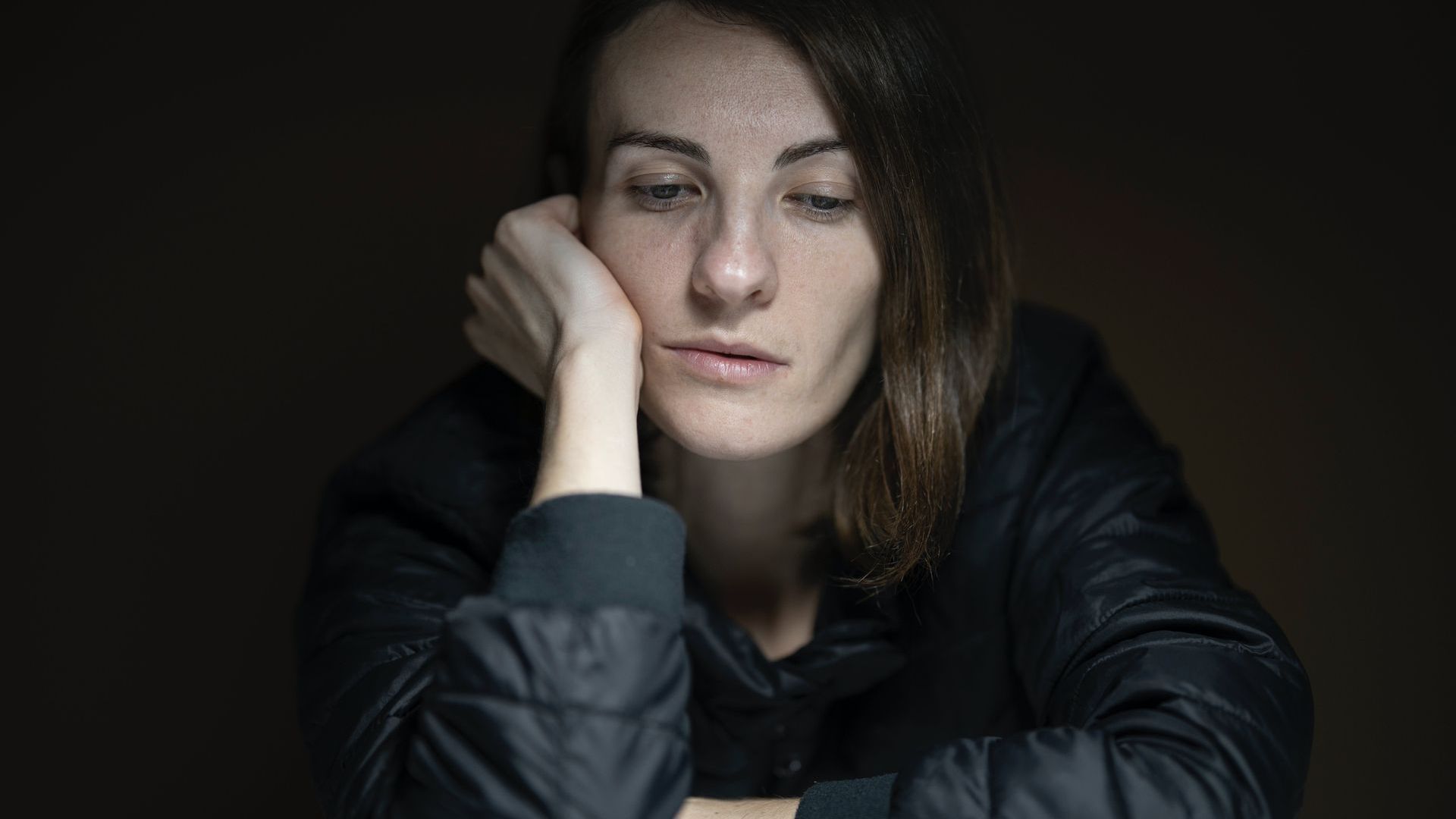What Are Co-Occurring Disorders?

What Are Co-Occurring Disorders?
Behavioral health disorders are extremely difficult on their own. There are many challenges that come with these disorders and, because of this, solutions can be varied and complex. Add on top of this the fact that often these disorders are coupled with other disorders (which increases the challenges that come with treatment), and you can see how complicated the treatment of co-occurring disorders can become.
When more than one disorder exists at the same time, they are referred to as “co-occurring disorders.” There are many different types of disorders that can occur in tandem with others, and specialized treatment is recommended to meet the needs of patients with co-occurring disorders.
But what disorders can co-occur? What signs should you look for to better determine if you have co-occurring disorders? And what treatment option is available for those that require a higher level of care, but run into issues with the “treatment as usual” approach?
Below is more information about co-occurring disorders, what to look for, and how in-home treatment may be the perfect option to meet your needs.
Examples of Co-Occurring Disorders
There are many different disorders that can fall under the umbrella of “co-occurring”—both in the realm of mental health and behavioral health. Below are some common co-occurring disorders:
· Substance Use
· Depression
· Bipolar Disorder
· Anxiety
· PTSD
· Body Dysmorphia
· Eating Disorders
· Obsessive-Compulsive Disorder
If you are diagnosed with both mental health and substance use disorders, you have what is called a “dual diagnosis.” As the name implies, this means there are multiple types of disorders that co-occur, and this often requires a specialized form of treatment. Front Door Health offers dual diagnosis treatment and co-occurring disorder treatment for patients with substance use, behavioral health, and mental health disorders.
Signs of Behavioral Health Disorders
There are a few signs that you can look out for to better determine if someone you know or you have a behavioral health disorder. Some of these signs include:
· Changes in mood and personality
· Drunk driving
· Social withdrawal
· Poor hygiene
· Food restriction
· Aggression
· Increase in drug or alcohol use
· Losing significant amounts of weight
· Skipping meals or significantly cutting portions
· Binge eating
· Arrests
· Dizziness
· Fainting
· Difficulty concentrating
Remember that it’s important to not “diagnose” others or “self-diagnose.” Always speak with a professional to receive a proper diagnosis from a medical professional.
The Advantages of In-Home Treatment for Co-Occurring Disorders
If you have been diagnosed with a co-occurring disorder, you may be considering your treatment options. While your first thoughts may be inpatient or outpatient treatment provided at a treatment center, there is actually another option that you may not have considered—in-home treatment.
There are a lot of advantages to in-home treatment that you may not have considered. Some of these benefits include…
Individualized Treatment
With in-home treatment, your treatment providers will work one-on-one with you (and you alone). Outside of optional family sessions, you won’t be expected to attend any group sessions. This means no working with strangers, along with 100% focus on your needs.
Treatment from the Comfort of Your Own Home
With in-home treatment, there is no dealing with traffic or putting your life on hold. Instead, treatment providers visit your home to provide the services that you require.
Treatment on Your Schedule
Front Door Health offers treatment around your schedule. Our providers will visit your home at a time that best meets your needs. We will work around your work schedule, school, and other obligations.
Treatment in the “Real World”
Whereas certain forms of treatment (like residential) involve you living in a secluded and highly controlled environment, in-home treatment is provided in the “real world.” This means there is no period of transition. Our team will help you to overcome real-world challenges as you continue to grow in your recovery.
Family Involvement
For those who live with their family, family involvement in treatment is much easier with the support of an in-home treatment provider. Instead of your family visiting for “family days” that are built around a treatment center’s schedule, in-home treatment allows you to schedule family sessions whenever is most convenient for your entire family. This means your spouse and children won’t need to pause their lives to visit a treatment center.
Receive In-Home Treatment for Your Behavioral Health Disorders
If you have a co-occurring disorder, a single behavioral health disorder, or you have yet to be diagnosed but suspect you are suffering from a behavioral or mental health disorder, reach out to Front Door Health for support.
Front Door Health provides concierge, judgment-free in-home treatment for patients when they need it. We take an evidence-based approach to treatment, and we create custom treatment plans for our patients to increase their chances of success. Our treatment process is client-focused and individualized. This means no group sessions with strangers and no “treatment as usual” approach. You are unique and the treatment plan we create for you is designed to meet you where you are along your journey and help you to reach your recovery goals.
We understand that it can be difficult to put your life on hold and take time off work. Our in-home treatment allows you to continue to meet your work, school, family, and other obligations while receiving the treatment you deserve.
If you would like to learn more about in-home treatment, contact Front Door Health today. We’re happy to answer any questions and provide you with the help you need.
info@frontdoorhealthcenter.com



